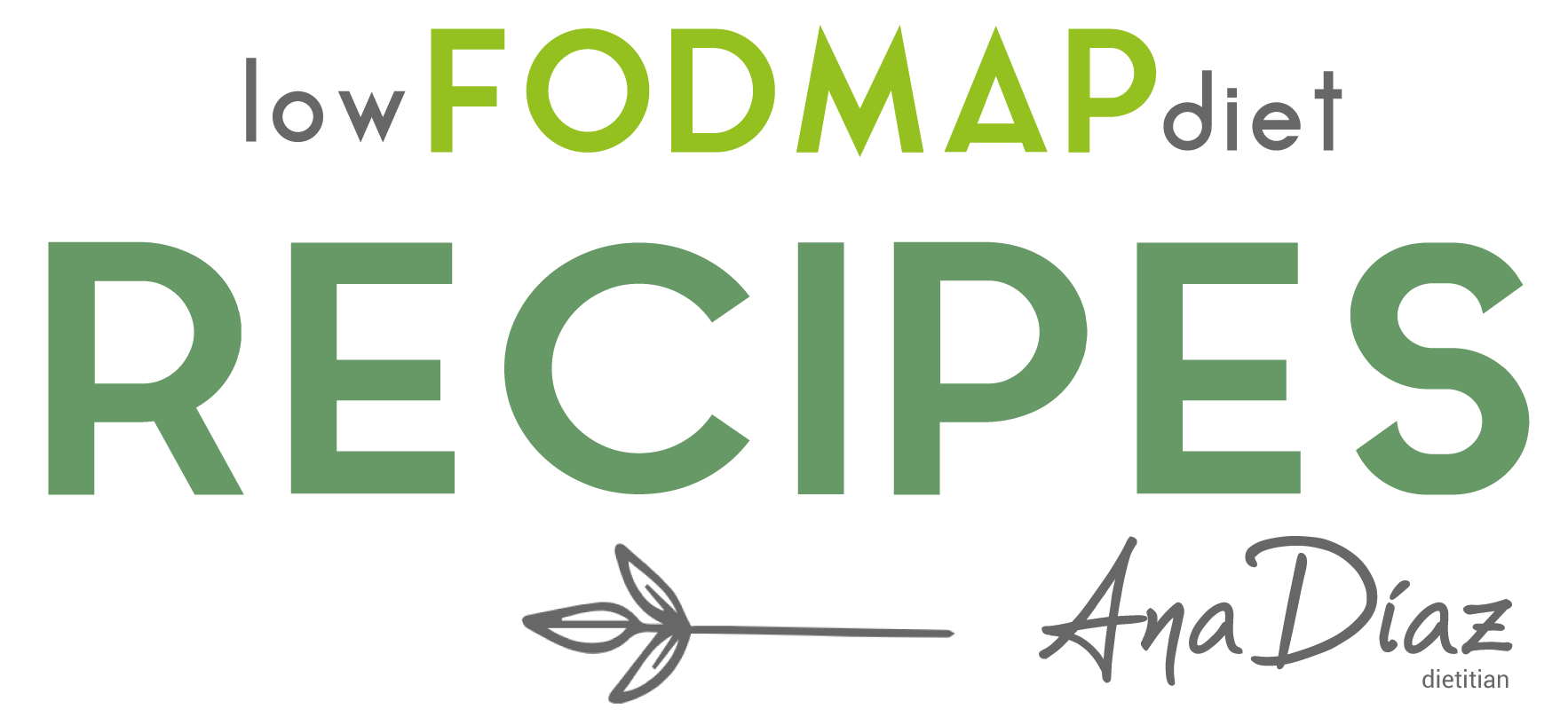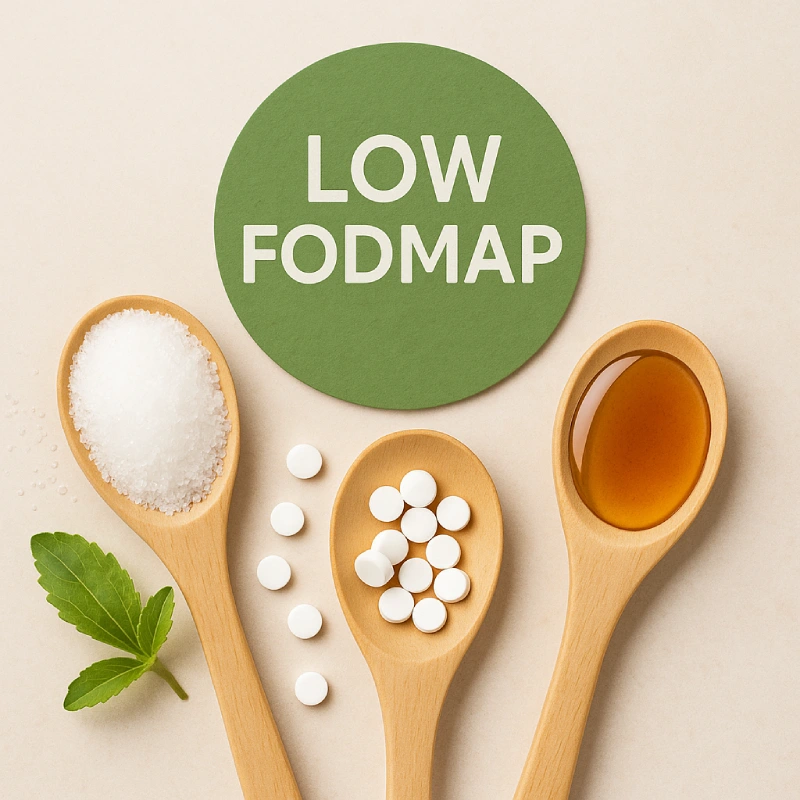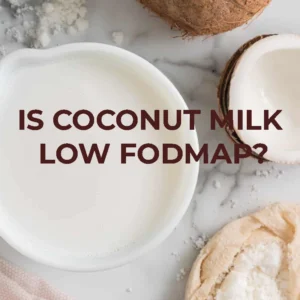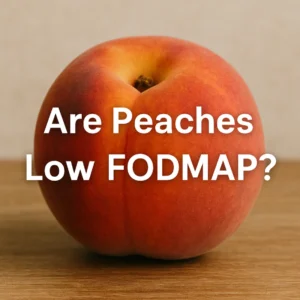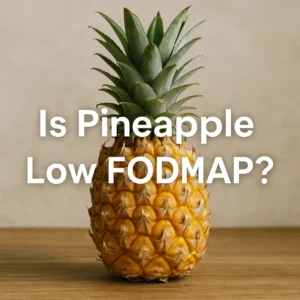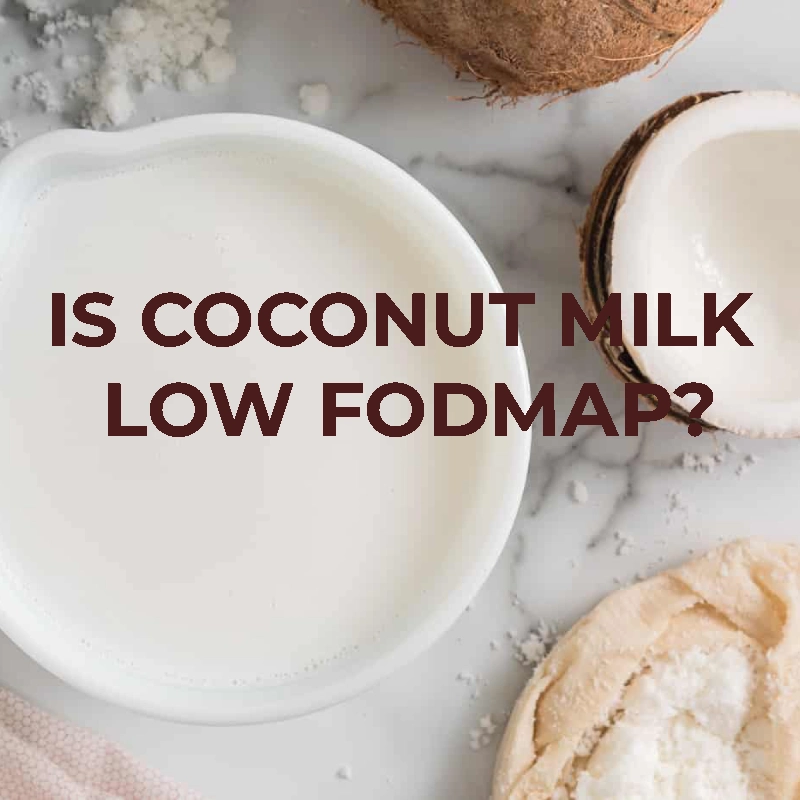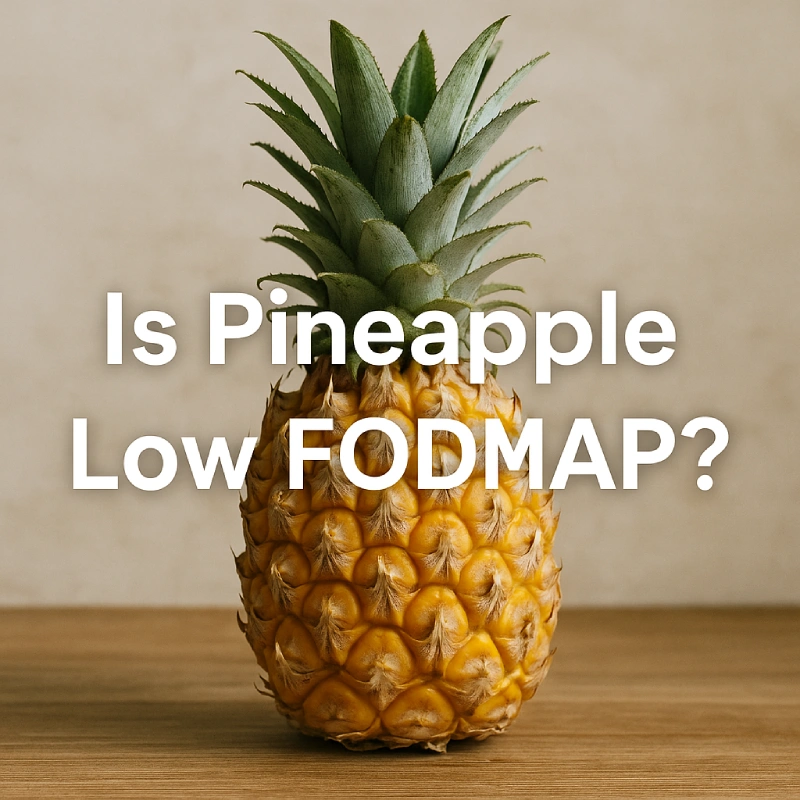A Gentle Guide to IBS-Friendly Choices
Living with a sensitive gut doesn’t mean you have to give up on sweetness. If you’re following a low FODMAP diet to help manage irritable bowel syndrome (IBS) or other digestive issues, you might be wondering which sweeteners you can safely enjoy. This guide is here to support you in making kind, informed choices that care for your digestion.
We’ll explore which sweeteners are considered low FODMAP, how to use them wisely, and which ones are best avoided, all based on trusted research from sources like Monash University and FODMAP-friendly experts.
Table of Contents
Why Choosing the Right Sweetener Matters
FODMAPs are specific carbohydrates that can ferment in your gut, causing symptoms like bloating, wind, and abdominal pain. Some sweeteners are high in FODMAPs, especially those containing excess fructose or sugar alcohols (polyols), which are poorly absorbed in the small intestine.
The good news? There are several sweeteners that are safe to use, if you know which ones to choose and how much to use.
Low FODMAP Sweeteners You Can Enjoy
These sweeteners are considered safe in the amounts typically used in drinks, baking, and cooking:
Natural Sugars and Syrups
- White sugar (sucrose): Low FODMAP up to ¼ cup.
- Brown sugar, raw sugar: Also low FODMAP in similar amounts.
- Maple syrup: Choose 100% pure maple syrup, low FODMAP up to 2 tablespoons.
- Rice malt syrup: Gentle on the gut and well tolerated, even in larger amounts.
- Glucose syrup or dextrose: Another safe, low FODMAP choice.
Plant-Based and Calorie-Free Options
- Stevia: Low FODMAP up to 2 teaspoons. Just make sure it doesn’t contain inulin or sugar alcohols.
- Monk fruit extract: Not yet Monash-tested but widely accepted as low FODMAP.
- Allulose: A low-calorie sugar not fermented in the gut, considered safe for most.
Artificial Sweeteners (Use in Moderation)
- Aspartame
- Sucralose
- Saccharin
- Acesulfame-K
These are generally low FODMAP, but listen to your body and use them sparingly.
Sweeteners to Avoid or Use with Caution
Some sweeteners are high in FODMAPs and more likely to cause gut symptoms:
- Honey: High in fructose. Limit to 1 teaspoon if using.
- Agave syrup: Also high in fructose and best avoided.
- High-fructose corn syrup: Found in many processed foods; not suitable.
- Fruit juice concentrates: Often rich in excess fructose.
- Sugar alcohols (polyols): Sorbitol, xylitol, mannitol and maltitol can cause bloating and gas even in small amounts.
Tips for Choosing and Using Sweeteners
Stick to Safe Portions
Even low FODMAP sweeteners can become problematic in large amounts. Always check recommended serving sizes.
Read Ingredients Carefully
Some sweeteners contain hidden high FODMAP ingredients like inulin, so it’s important to check the label.
Reintroduce Slowly
If you’re testing tolerance, try one sweetener at a time. Start with a small amount and wait a few days to see how your body responds.
Gentle Sweetness Without Sweeteners
You don’t always need a sweetener to enjoy flavour. Try using:
- A pinch of cinnamon or nutmeg
- A few drops of vanilla essence
- Citrus zest
- A small amount of ripe banana (if tolerated); up to 37gr or 1/3 of a banana
- A handful of fresh berries (in low FODMAP portions)
- Medjool dates, up to 1 date or 20gr per meal
These natural flavours can enhance meals while being kind to your gut.
Simple Sweetener Swaps
| Instead of… | Try this… |
|---|---|
| Honey in tea | Pure maple syrup |
| Agave in baking | Rice malt syrup |
| Sugar-free gum | Gum with aspartame |
| Brown sugar | Raw sugar or glucose |
FAQs About Low FODMAP Sweeteners
Can I bake with low FODMAP sweeteners?
Yes, white sugar, brown sugar, rice malt syrup, and maple syrup all work well.
Is honey completely off-limits?
Not completely. You can use up to 1 teaspoon if tolerated, but there are gentler options.
Are sugar-free sweeteners safe?
Some are. Stevia, monk fruit, and aspartame are safe in small amounts. Avoid polyols like xylitol.
What’s the best everyday substitute?
Maple syrup or rice malt syrup offer a natural taste with low FODMAP content. Stevia is also good if you prefer a calorie-free option.
Final Thoughts
Finding a sweetener that works for you on a low FODMAP diet doesn’t have to be stressful. With trusted information and a little trial and error, you can enjoy the sweetness you love while supporting your digestive health.
Be gentle with yourself as you explore what works best for your body. Small, mindful changes really do make a difference. You deserve to feel well and enjoy your food, sweetness included.
